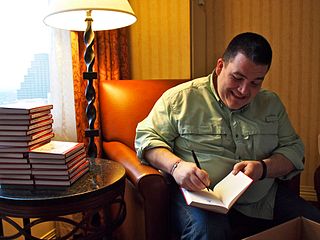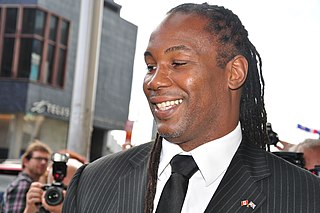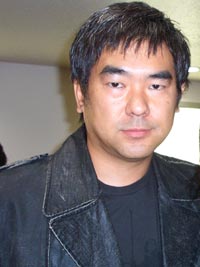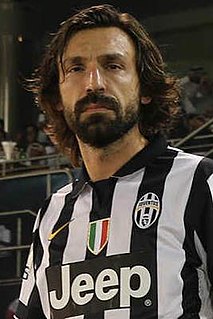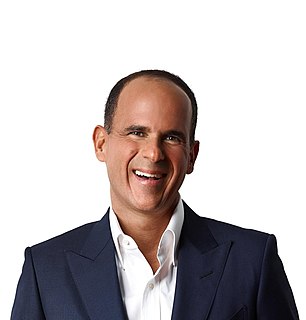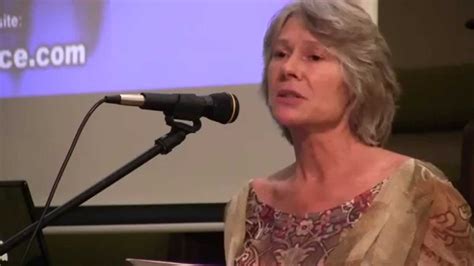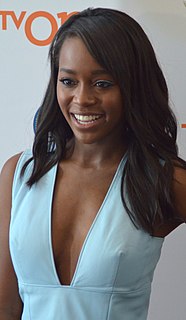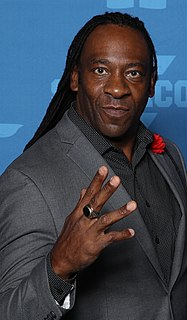A Quote by Christopher Walken
If you do movies that are modestly budgeted, the way they finance them is they figure out how they can sell them.
Related Quotes
This business is hard. People and producers and studios and finance guys get caught up in saying, "Women don't sell movies," or "This person doesn't sell foreign," or "You have to attach guys first," or "People don't want to see women do this." I've heard those things so many times that I've actually heard myself say them, a number of times.
The only time I get frustrated with activist criticism is if I have recognized them, and invited them to work with me to figure out how we solve this problem that they're concerned about, and either they don't engage out of the sense of purity - "I'm not going to shake his hand" - or you're not sufficiently prepared so you don't even know what to ask for, or you're not being strategic as an activist and trying to figure out how the process has to work in order for you to get what you want.
Artists are just entrepreneurs. It's up to them to figure out how or if they can make a monetary profit from their passion ? from their calling, as I discussed above. Sometimes they can. Musicians can sell music, even in the face of piracy. Or they can sell their services ? concerts, etc. Painters and other artists can profit in similar ways. A novelist could use kickstarter for a sequel or get paid to consult on a movie version.
Usually, you can figure out where a person's mistakes came from if you ask them the genesis of their thought process: 'Why did you do it this way?' As opposed to telling them they did it the wrong way. Understanding their thought process will ultimately help you be able to communicate with them and navigate around them.
I don't see what the alternative to risk management is. If it's just getting rid of the models and instead using the smart people who can figure it out? How do you train them? What do you teach them? Do you just put them in a cockpit and let them stumble for 10 years of their life and then after that they're good at it?
In this day and age, when there are so many people creating work online and writing their own shows, I wouldn't tell another actor, 'If you can do anything else go do that.' I would tell them to figure out the story they want to tell, to figure out what artists inspire you and why, and then figure out a way you can create that for yourself.

